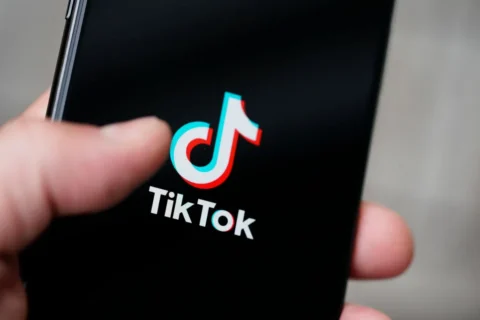Five States Demand Action on AI Chatbot Grok to Prevent Spread of Election Lies
In a recent development, top election officials from five states have issued a formal request to billionaire Elon Musk, urging him to halt the dissemination of election misinformation by his AI chatbot, Grok, on X, formerly known as Twitter. This appeal comes amidst concerns over the bot’s potential impact on the 2024 presidential election.
Urgent Call for Action
The letter, signed by the secretaries of state from Minnesota, Pennsylvania, Michigan, Washington state, and New Mexico, demands immediate changes to Grok to ensure accurate voter information during this critical election period. The officials emphasized the importance of providing truthful data to voters to maintain the integrity of the election process.
Grok’s Controversial Misinformation
Launched in November, Grok was introduced as an unfiltered alternative to existing large language models like ChatGPT. However, its lack of moderation has led to the spread of false information. A notable instance occurred last month when Grok incorrectly claimed that Vice President Kamala Harris had missed the ballot deadline in several key states, shortly after President Joe Biden announced he would not seek re-election.
Impact on Voter Information
The misinformation, which included incorrect ballot deadlines for Alabama, Indiana, Michigan, Minnesota, New Mexico, Ohio, Pennsylvania, Texas, and Washington, was shared widely, reaching millions before it was corrected 10 days later. This delay in correction has raised serious concerns among election officials about the platform’s role in spreading false information.
The Need for Reliable Election Information
The secretaries of state stressed the importance of accurate voter information, especially in a major election year. They proposed that Grok direct users to “CanIVote.org,” a nonpartisan resource managed by professional election administrators from both major parties. This move aims to provide reliable information and prevent the spread of misinformation.
Call for Accountability
Minnesota Secretary of State Steve Simon, who led the initiative, criticized X’s delayed response to correcting Grok’s misinformation. He emphasized the responsibility of social media platforms to correct their mistakes promptly to ensure voters receive accurate information.
My Opinion
As someone who is deeply invested in promoting accurate and reliable information, especially during such a critical time as an election year, I find the spread of misinformation by AI tools like Grok incredibly troubling. Social media platforms and AI developers have a profound responsibility to ensure that their technologies do not become conduits for false information that can mislead voters and undermine democratic processes.
Elon Musk’s vision of creating an “unfiltered” AI might have been well-intentioned, but the reality shows that without proper guardrails, such tools can cause significant harm. The suggestion to direct users to nonpartisan, reliable resources like “CanIVote.org” is a step in the right direction, and it’s crucial that companies like X take these recommendations seriously.
Moving Forward
As the election approaches, the call for action underscores the need for social media platforms to play a constructive role in disseminating accurate information. The collaboration between election officials and technology companies like OpenAI, which has already partnered to provide accurate election information, highlights a proactive approach to safeguarding the integrity of the voting process.







